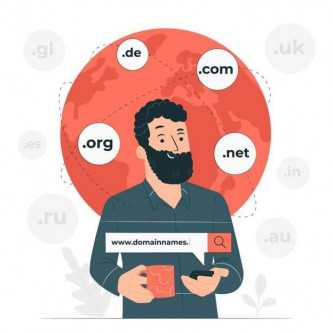When you create your professional website, it’s ultra important that you put extra care towards how you present your homepage. After all, your homepage is the first thing your visitors will see. With our checklist, you can make sure you don’t forget any essential elements.
1. Your Name and/or Logo
At the very top of your homepage in the section labelled “header,” your company name should appear, as well as your logo and slogan.
2. Navigation Menu
Since it gives your visitors access to your website’s main content, your navigation menu needs to be clear, intuitive and well organized. It should appear on all your website pages.
3. Your Products and/or Services
Telling your online visitors who you are makes for a good start. But it’s not enough. You also need to tell them what you do. So post a few well-chosen photos of your flagship products and services. The idea is to catch the eye of your Internet users and inspire them to click on your sub-pages.
4. Call-to-Action Buttons
Especially if you have an e-commerce site, you absolutely must give your visitors the opportunity to take action. Include a call-to-action button that lets them request a quote, subscribe to your newsletter or make an order in a single click.
5. Reviews
Showcase your customer’s comments on your homepage. This will help give your website credibility, while also reassuring other Internet users.
6. Share Buttons
Do you offer a great deal of expertise? Get your fans/subscribers/contacts involved by letting them “spread the word” via social media (Facebook, Instagram and Twitter). The more people share your content, the more you will grow your website’s reputation.
7. Contact Info, External Links, Legal Disclaimers
At the bottom of your homepage (what the pros refer to as the “footer), include secondary information. This includes your contact info (address + telephone number), legal disclaimers, external links and your professional email address.
 Key Points to Remember:
Key Points to Remember:
- Do not neglect the importance of social media in your restaurant’s digital strategy.
- To use social media to promote your restaurant, you need to publish high-value content.
- Get your current and future clients involved by launching challenges, asking them to choose new dishes, and inspiring them to engage with your brand.



